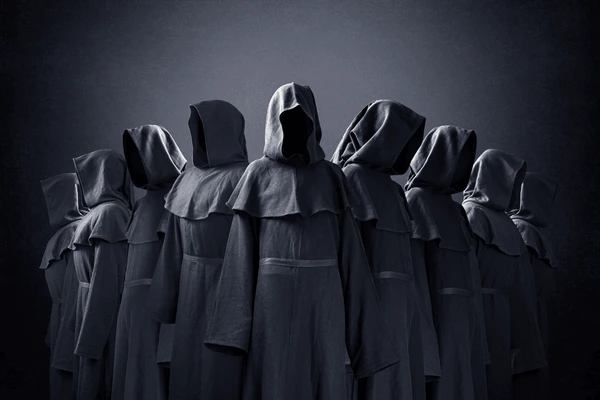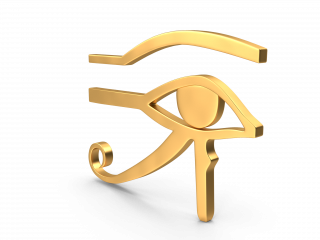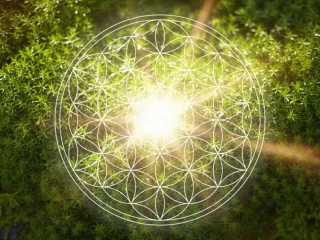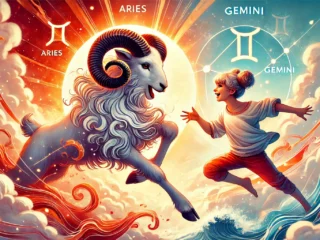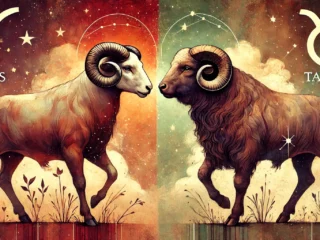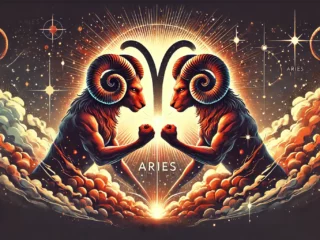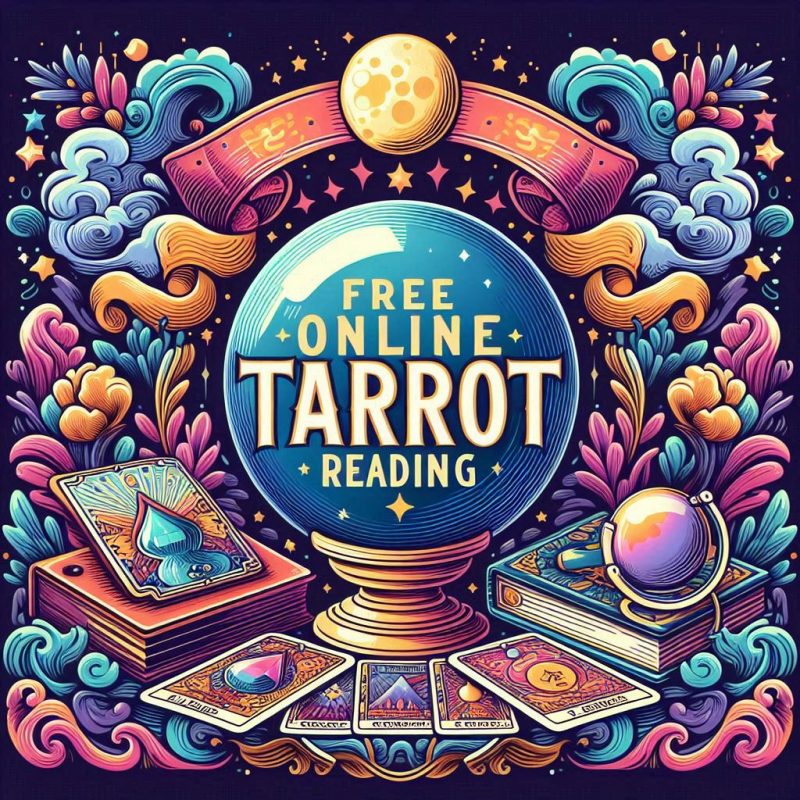The terms “cult” and “occult” are often misunderstood and used interchangeably in popular culture, yet they refer to very distinct concepts. In this article, we will explore the differences between cults and the occult, examining their definitions, characteristics, and spiritual implications. Whether you are a seeker of spiritual knowledge or simply curious, this guide will provide clarity on these often-misrepresented topics.
SUMMARY
- Cult: A group or movement with a shared commitment to a charismatic leader or ideology, often characterized by extreme beliefs and practices, isolation from mainstream society, and a high level of control over members.
- Occult: A broad term that encompasses various mystical, supernatural, and esoteric practices, often involving the study and application of hidden knowledge, ancient traditions, and spiritual truths.
- Key Differences: While cults are often seen as dangerous and manipulative, the occult is more about individual exploration of hidden or mystical knowledge.
- Spiritual Significance: Understanding the differences between cults and the occult can aid in discerning healthy spiritual practices from potentially harmful ones.

What is a Cult?
A cult is a group or movement that exhibits intense devotion to a particular leader, ideology, or belief system. Cults are often characterized by the following features:
Charismatic Leadership
Cults are typically led by a charismatic individual who claims to have exclusive knowledge, divine authority, or special insight. This leader often demands absolute loyalty and unquestioning obedience from followers.
Isolation from Society
Members of a cult are often isolated from the outside world, either physically or psychologically. This isolation serves to reinforce the group’s beliefs and practices while discouraging dissent or critical thinking.
Manipulation and Control
Cults employ various forms of manipulation and control to maintain power over their members. This may include mind control techniques, financial exploitation, and emotional or psychological abuse.
Extreme Beliefs and Practices
Cults often promote extreme beliefs and practices that deviate significantly from mainstream religious or spiritual traditions. These practices can range from communal living and ritualistic ceremonies to apocalyptic predictions and violent acts.
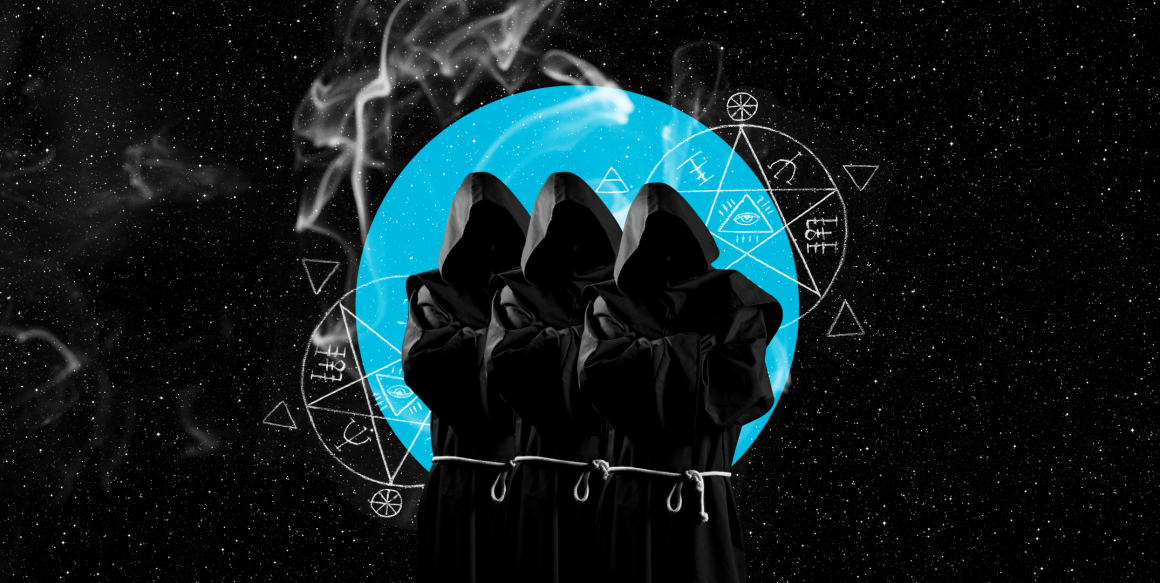
What is the Occult?
The term “occult” refers to a wide range of mystical, supernatural, and esoteric practices that seek to uncover hidden knowledge and spiritual truths. Unlike cults, the occult is not centered around a specific leader or group but rather encompasses various traditions and practices.
Hidden Knowledge and Esoteric Traditions
The word “occult” comes from the Latin word “occultus,” meaning hidden or secret. Occult practices often involve the study of ancient texts, symbols, and rituals that are believed to contain hidden truths about the nature of the universe and the human soul.
Mysticism and Spiritual Exploration
Occult practices are often associated with mysticism and the pursuit of spiritual enlightenment. This can include practices such as astrology, alchemy, divination, and the study of sacred geometry.
Connection to Ancient Wisdom
The occult is deeply rooted in ancient wisdom traditions, drawing from sources such as Egyptian, Greek, and Hermetic teachings. Practitioners of the occult seek to tap into this ancient knowledge to gain insight into the mysteries of life and the cosmos.
Non-Conformity and Individual Exploration
Unlike cults, which demand conformity and allegiance to a specific leader or ideology, the occult encourages individual exploration and personal spiritual development. Practitioners are often free to explore different paths and practices that resonate with their unique spiritual journey.
Key Differences Between Cults and the Occult
While both cults and the occult may involve unconventional beliefs and practices, they are fundamentally different in their approach, structure, and impact on individuals. Understanding these differences is crucial for anyone navigating the spiritual landscape.
Focus on Leadership vs. Individual Exploration
- Cults: Centered around a charismatic leader who demands loyalty and controls the group’s beliefs and practices.
- Occult: Emphasizes personal exploration and the pursuit of hidden knowledge, often without a central authority or leader.
Control and Manipulation vs. Spiritual Freedom
- Cults: Use manipulation, coercion, and control to maintain power over members, often leading to psychological and emotional harm.
- Occult: Encourages spiritual freedom and individual growth, allowing practitioners to explore various esoteric practices at their own pace.
Isolation vs. Connection to Tradition
- Cults: Isolate members from society to reinforce their beliefs and prevent outside influence.
- Occult: Connects practitioners to ancient traditions and hidden knowledge, often encouraging a broader understanding of spirituality.
The Spiritual Significance of Understanding Cults and the Occult
In the realm of spirituality, discernment is key. Understanding the differences between cults and the occult can help individuals make informed decisions about their spiritual path. Here are some spiritual insights to consider:
Avoiding Spiritual Manipulation
By recognizing the characteristics of a cult, individuals can protect themselves from spiritual manipulation and control. It is important to seek out spiritual communities and practices that promote personal growth, freedom, and respect for individual autonomy.
Embracing Esoteric Knowledge
The occult offers a rich tapestry of esoteric knowledge and practices that can deepen one’s spiritual understanding. Whether through astrology, tarot, or meditation, the occult provides tools for exploring the mysteries of life and connecting with the divine.
Balancing Tradition and Innovation
While the occult is rooted in ancient traditions, it also encourages innovation and personal exploration. Practitioners are free to blend different practices and create a spiritual path that aligns with their unique beliefs and experiences.
Conclusion: Cult vs. Occult—A Matter of Spiritual Discernment
The terms “cult” and “occult” are often misunderstood, but understanding their differences is crucial for anyone on a spiritual journey. Cults are dangerous, manipulative groups centered around a single leader or ideology, while the occult is a broad and diverse field of esoteric knowledge that encourages personal exploration and spiritual growth.
By discerning the differences between these two concepts, individuals can navigate the spiritual landscape with greater awareness and confidence, making choices that support their spiritual well-being and personal development.
Final Thoughts In a world filled with diverse spiritual paths and practices, it is important to approach your journey with an open mind and a discerning heart. Whether exploring the mysteries of the occult or seeking to understand the dangers of cults, always prioritize your spiritual freedom, well-being, and growth.

